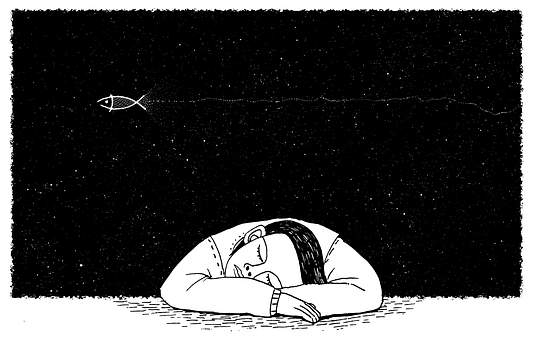Poor sleep can have serious consequences including diabetes, cancer and heart disease. Microbes too can influence health via neural, hormonal and immune responses, as well as gut and blood-brain barrier permeability. Recent evidence suggests that the gut microbiome and sleep quality are entwined.
In new research, scientists in China mimicked sleep shifts typical of circadian disturbances in modern life (late nights or jet lag) and then sequenced microbial taxa from fecal samples in 22 volunteers. Acute Sleep-Wake Cycle Shift Results in Community Alteration of Human Gut Microbiome appeared in mSphere in February of 2020.
Results
- Abundances were not altered.
- Functions were enriched during the sleep-wake cycle shift.
The authors concluded that an acute sleep-wake cycle shift may exert a limited influence on the gut microbiome.
The gut-brain axis and sleep-habit studies offer clues which point to possible bidirectional influence.
Another sleep study
In an earlier trial, researchers questioned if poor sleep would impact microbiota diversity and other biomarkers of health. Gut microbiome diversity is associated with sleep physiology in humans was published in October, 2019 in PLOS.
Of 40 male participants, 26 were used for final analysis: Fecal stool microbial DNA, immune system biomarkers and behavioral assessment. Actigraphy quantified sleep measures during the 30-day period.
Results
Total microbiome diversity:
- Positively correlated with increased sleep efficiency and total sleep time
- Negatively correlated with wake after sleep onset
- Positively correlated with interleukin-6, a cytokine whose circadian secretion correlates with sleep.
Analysis of microbiome composition revealed:
- Richness of Bacteroidetes and Firmicutes was positively correlated with sleep efficiency, interleukin-6 concentrations and abstract thinking test performance.
- Actinobacteria richness was linked to fewer awakenings.
- Several taxa (Lachnospiraceae, Corynebacterium, and Blautia) were negatively correlated with sleep measures.
Metabolites produced by microbes are intriguing players in the mystery.
Serotonin
Gut bacteria such as Corynebacterium produce serotonin, a neurotransmitter that appears to promote sleep.
GABA (γ-aminobutyric acid)
Another snooze promoter, this neurotransmitter is produced by several species in the Bacteroidetes, Actinobacteria and Firmicutes phyla.
In concluding, the researchers identified “several specific phyla and taxa that are related to sleep health, which holds the promise for improved sleep via manipulation of the gut microbiome.”
Takeaway
Manipulation of course is where probiotics may enter the picture. This research gets us a little closer to that time when probiotics may replace sleeping pills.
Sweet dreams!

